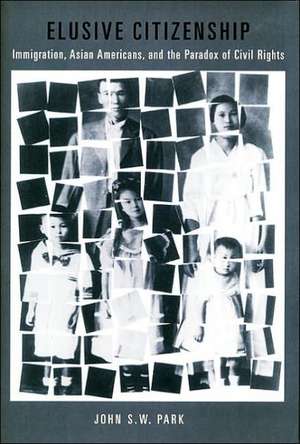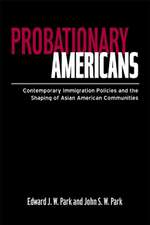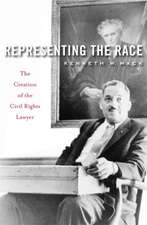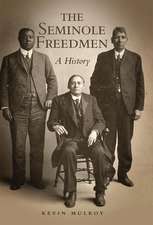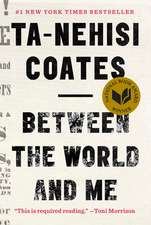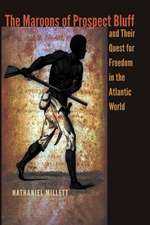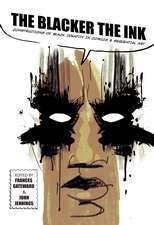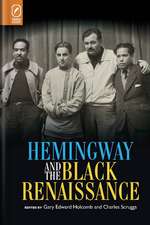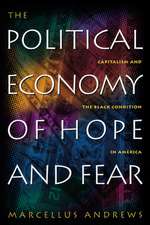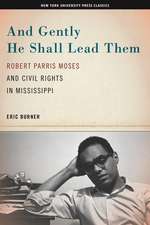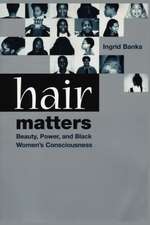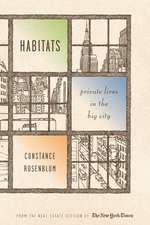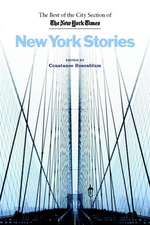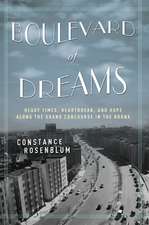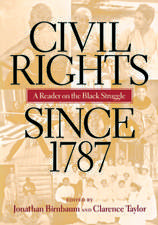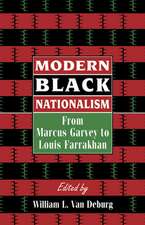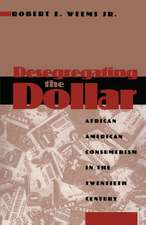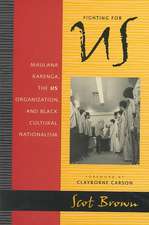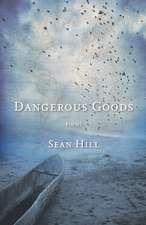Elusive Citizenship – Immigration, Asian Americans, and the Paradox of Civil Rights
Autor John S. W. Parken Limba Engleză Hardback – 31 mai 2004
Preț: 431.29 lei
Nou
Puncte Express: 647
Preț estimativ în valută:
82.54€ • 85.52$ • 68.88£
82.54€ • 85.52$ • 68.88£
Carte tipărită la comandă
Livrare economică 21 martie-04 aprilie
Preluare comenzi: 021 569.72.76
Specificații
ISBN-13: 9780814767146
ISBN-10: 0814767141
Pagini: 226
Dimensiuni: 152 x 229 x 15 mm
Greutate: 0.48 kg
Ediția:New.
Editura: MI – New York University
ISBN-10: 0814767141
Pagini: 226
Dimensiuni: 152 x 229 x 15 mm
Greutate: 0.48 kg
Ediția:New.
Editura: MI – New York University
Recenzii
In many ways, this book is perfect... This is an important book that succeeds on its own terms and will be well used in immigration and legal history as well as Asian American studies.
Journal of Asian Studies "Lucid and compelling, Park's book is essential reading for those who want to understand the limits of American civil rights discourseand post-September 11, that should be all of us."
Angela Harris, Boalt Hall School of Law, University of California, Berkeley "Although he is a legal scholar, his book is more than academic. The issues that Park raises are at the heart of what it means to be a diverse democracy- or not."
Trial "A well-executed interdisciplinary work combining the theoretical and the empirical in ways that benefit the understanding of both."
The Law and Politics Book Review "An eye-opening account."
The Harvard Law Review Association
In many ways, this book is perfect... This is an important book that succeeds on its own terms and will be well used in immigration and legal history as well as Asian American studies. --Journal of Asian Studies "Lucid and compelling, Park's book is essential reading for those who want to understand the limits of American civil rights discourse--and post-September 11, that should be all of us." --Angela Harris, Boalt Hall School of Law, University of California, Berkeley "Although he is a legal scholar, his book is more than academic. The issues that Park raises are at the heart of what it means to be a diverse democracy- or not." --Trial "A well-executed interdisciplinary work combining the theoretical and the empirical in ways that benefit the understanding of both." --The Law and Politics Book Review "An eye-opening account." -- The Harvard Law Review Association
Journal of Asian Studies "Lucid and compelling, Park's book is essential reading for those who want to understand the limits of American civil rights discourseand post-September 11, that should be all of us."
Angela Harris, Boalt Hall School of Law, University of California, Berkeley "Although he is a legal scholar, his book is more than academic. The issues that Park raises are at the heart of what it means to be a diverse democracy- or not."
Trial "A well-executed interdisciplinary work combining the theoretical and the empirical in ways that benefit the understanding of both."
The Law and Politics Book Review "An eye-opening account."
The Harvard Law Review Association
In many ways, this book is perfect... This is an important book that succeeds on its own terms and will be well used in immigration and legal history as well as Asian American studies. --Journal of Asian Studies "Lucid and compelling, Park's book is essential reading for those who want to understand the limits of American civil rights discourse--and post-September 11, that should be all of us." --Angela Harris, Boalt Hall School of Law, University of California, Berkeley "Although he is a legal scholar, his book is more than academic. The issues that Park raises are at the heart of what it means to be a diverse democracy- or not." --Trial "A well-executed interdisciplinary work combining the theoretical and the empirical in ways that benefit the understanding of both." --The Law and Politics Book Review "An eye-opening account." -- The Harvard Law Review Association
Notă biografică
John S. W. Park is Assistant Professor of Asian American Studies at the University of California at Santa Barbara.
